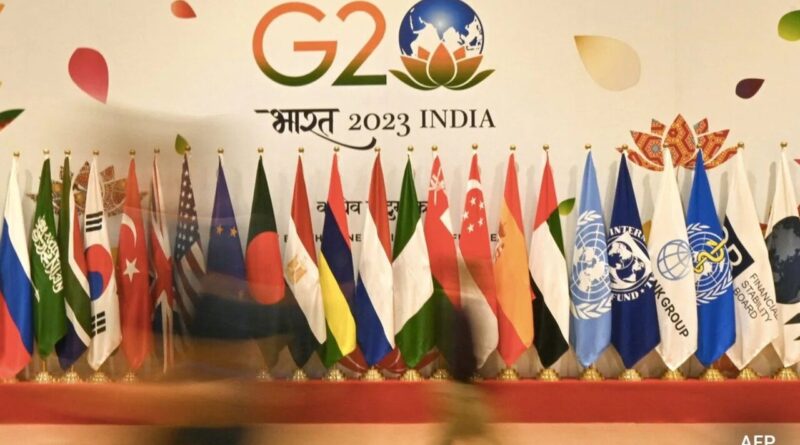Understanding the G20: A Global Economic Cooperation Forum
What is G20?
The G20, or Group of Twenty, is an international forum for governments and central bank governors from 19 countries and the European Union. It was established in 1999 as a response to financial crises in the late 1990s, with the aim of promoting international financial stability and fostering economic cooperation.
The G20 member countries include:
- Argentina
- Australia
- Brazil
- Canada
- China
- France
- Germany
- India
- Indonesia
- Italy
- Japan
- Mexico
- Russia
- Saudi Arabia
- South Africa
- South Korea
- Turkey
- United Kingdom
- United States
- European Union (represents the euro area)
The G20 holds annual summits where leaders and representatives from these countries come together to discuss and coordinate policies on various economic and financial issues. The topics covered at G20 summits include global economic growth, trade, financial regulation, climate change, development, and more. The G20 is considered a significant platform for addressing global economic challenges and fostering international cooperation.
The Significance of the G20 (400 words)
The G20 serves as a crucial platform for addressing pressing global economic concerns. Here are some key aspects that highlight its significance:
- Economic Stability: One of the primary goals of the G20 is to promote international financial stability. Member nations recognize the interdependence of their economies and work together to prevent financial crises, regulate financial markets, and ensure the stability of the global economy.
- Global Economic Growth: The G20 plays a pivotal role in coordinating policies to stimulate global economic growth. Through policy discussions and agreements, member countries aim to boost trade, investment, and employment opportunities worldwide.
- Trade and Investment: Trade is a central theme in G20 discussions. Members strive to promote open and fair trade practices, reduce trade barriers, and address trade imbalances. These efforts are crucial for supporting global commerce and economic prosperity.
- Financial Regulation: In the wake of the 2008 financial crisis, the G20 intensified its focus on financial regulation. Members collaborate to create and implement regulations that enhance the resilience of the global financial system and prevent future crises.
- Climate Change: The G20 acknowledges the importance of addressing climate change as a global priority. Leaders discuss climate policies, commitments, and sustainable development goals to mitigate the impact of climate change and transition to a more sustainable future.
- Development and Poverty Alleviation: The G20 recognizes the need to reduce global poverty and inequality. Members discuss strategies to promote inclusive growth, enhance infrastructure development, and address global development challenges.
- Geopolitical Issues: While the G20 primarily focuses on economic matters, it also serves as a platform for diplomatic discussions on geopolitical issues. Leaders can engage in bilateral or multilateral discussions on various topics of international importance.
- Representation: The G20’s composition ensures that both developed and developing economies have a seat at the table. This inclusivity allows for a more comprehensive and diverse perspective on global economic challenges and solutions.
- Policy Coordination: G20 members often coordinate policies and exchange ideas to tackle common issues. This collaboration helps prevent competitive devaluations, currency manipulation, and other practices that can disrupt global economic stability.
- Crisis Response: During times of global crises, such as the COVID-19 pandemic, the G20 has played a vital role in coordinating responses. It has mobilized resources, provided debt relief for vulnerable countries, and facilitated the distribution of vaccines to combat the pandemic’s economic and health impacts.
In conclusion, the G20 is a vital forum for fostering international cooperation on economic and financial matters. Its significance lies in its ability to bring together major economies to address global challenges, promote economic stability, and enhance prosperity for people around the world. Through discussions, agreements, and policy coordination, the G20 continues to play a critical role in shaping the global economic landscape.




